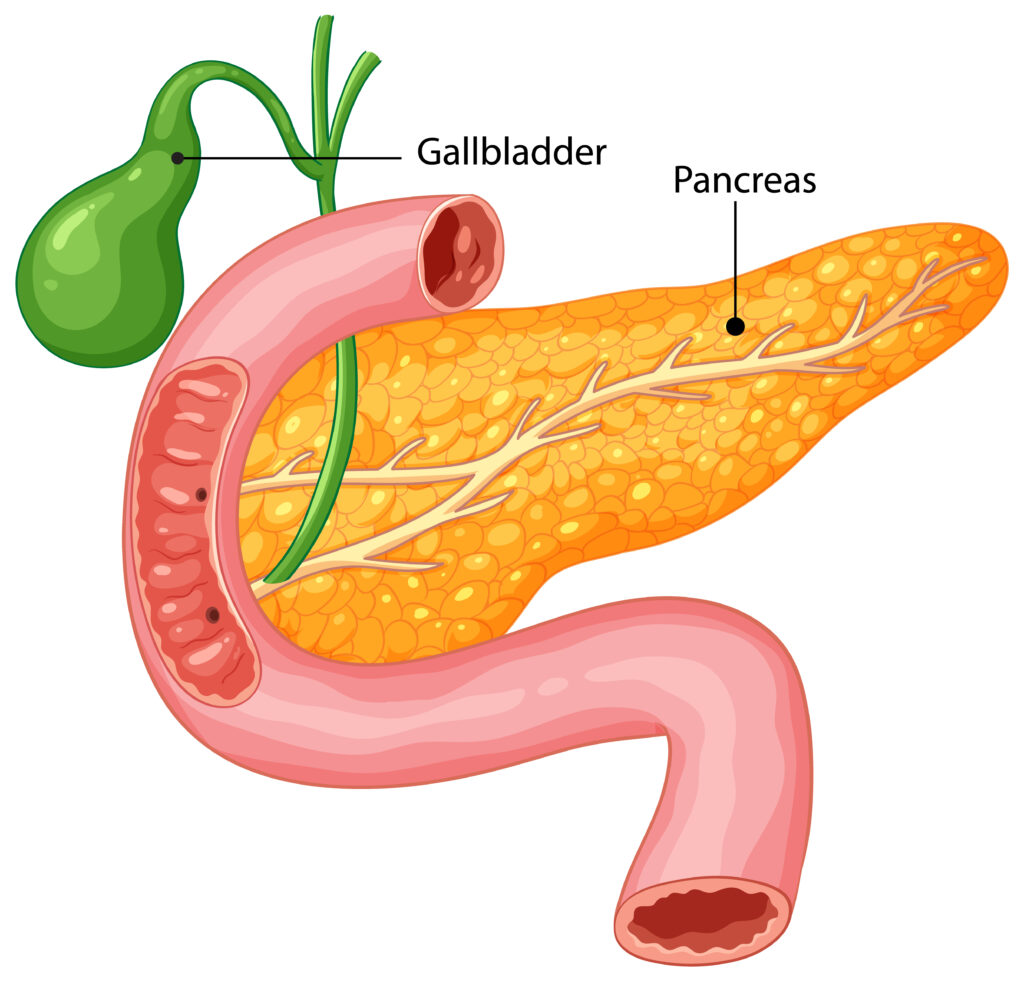Introduction:
Heart disease remains one of the leading causes of death worldwide, yet it is also one of the most preventable. Medical experts consistently emphasize that lifestyle adjustments combined with timely treatment can dramatically reduce risks. In this article, we will explore proven heart disease prevention methods, the role of modern treatments and how small changes in diet, sleep and exercise can safeguard your heart.
Why Heart Disease Prevention Matters?
According to the World Health Organization (WHO), cardiovascular diseases account for nearly 18 million deaths annually. What is alarming is that many of these cases could have been prevented with better lifestyle habits and awareness. From how to avoid heart disease at a young age to advanced therapies available today, prevention is a journey that requires both knowledge and action.
If you have ever wondered how to prevent congestive heart disease, you are not alone. Congestive heart failure often develops after years of unmanaged high blood pressure, diabetes, obesity or unhealthy habits. Early prevention strategies can delay or even eliminate the progression of these conditions.

Lifestyle Changes for Heart Disease Prevention
- Eat a Heart-Healthy Diet
Nutrition plays a central role in cardiovascular health.
- Mediterranean diet for heart health: Rich in olive oil, whole grains, fish, legumes, nuts and fresh vegetables, this diet is backed by decades of research for its heart-protective benefits.
- Best fruit for heart health: Berries, oranges, apples and pomegranates are packed with antioxidants and fiber that support healthy arteries.
- Foods to avoid for heart health: Processed meats, trans fats, refined sugars and excessive sodium increase blood pressure and cholesterol levels.
Shifting to a balanced diet reduces inflammation, improves cholesterol and keeps your blood pressure in check.
- Exercise Regularly
Physical activity strengthens the heart muscle, improves blood circulation, and lowers stress levels.
- Aim for at least 150 minutes of moderate exercise or 75 minutes of vigorous exercise each week.
- Walking, swimming and cycling are excellent low-impact activities.
- Resistance training twice a week can also improve vascular health.
Even small changes like taking the stairs or walking after meals can have long-term benefits.
- Maintain a Healthy Weight
Excess body fat, particularly around the waist, increases the risk of hypertension and diabetes both leading contributors to heart disease. Studies suggest that losing even 5 to 10 percent of body weight can significantly reduce heart disease risk.
- Quit Smoking and Limit Alcohol
- Smoking damages blood vessels and accelerates plaque buildup in arteries. Quitting smoking lowers the risk of coronary heart disease within one year.
- Excessive alcohol consumption raises blood pressure and triglyceride levels. Limiting intake to moderate levels helps maintain cardiovascular balance.
- Manage Stress Levels
Chronic stress increases cortisol levels, which may contribute to high blood pressure, obesity and unhealthy coping mechanisms like overeating or smoking.
- Practices such as yoga, meditation or even 10 minutes of deep breathing daily can improve resilience.
- Prioritize Quality Sleep
The link between sleep and heart health is often overlooked. Poor sleep patterns whether due to insomnia, sleep apnea, or irregular schedules raise the risk of hypertension and arrhythmias.
- Adults should aim for 7 to 9 hours of quality sleep.
- Maintaining a consistent sleep routine enhances heart function and reduces stress.
Modern Treatment Methods for Heart Disease Prevention
Lifestyle changes are crucial but modern medicine offers advanced solutions for those at higher risk or with early signs of cardiovascular disease.
- Screening and Diagnostic Tools
- Regular cholesterol, blood pressure, and glucose screenings help catch problems early.
- Non-invasive imaging tests such as echocardiograms and CT scans, provide insights into heart function before symptoms appear.
- Medications
- Statins lower cholesterol and reduce arterial plaque buildup.
- Beta-blockers and ACE inhibitors regulate blood pressure and improve heart efficiency.
- Anticoagulants may be prescribed for individuals with high clotting risks.
- Minimally Invasive Procedures
- Angioplasty and stent placement open blocked arteries.
- Catheter-based treatments provide targeted therapy with minimal recovery time.
- Advanced Cardiac Rehabilitation
For individuals recovering from a heart attack or surgery, supervised rehab programs offer customized exercise plans, nutritional guidance and stress management support.
Global Perspectives on Heart Health
Cardiovascular prevention strategies are universal but regional practices can influence outcomes:
- Heart attack prevention in Vienna, VA – In regions like Northern Virginia, clinics emphasize preventive care through advanced diagnostic services, lifestyle counselling and access to top cardiologists. Personalized treatment plans often combine lifestyle guidance with cutting-edge technology.
- Argentina cardiac health – Argentina has made strides in community heart health awareness, promoting traditional diets rich in fresh produce while also facing challenges of rising obesity and hypertension rates. Public campaigns often focus on smoking cessation and promoting active lifestyles.
These examples highlight how local culture and healthcare infrastructure shape prevention strategies.
Practical Tips – How to Avoid Heart Disease
- Replace sugary drinks with water or herbal tea.
- Incorporate at least 5 servings of fruits and vegetables daily.
- Limit screen time and incorporate active breaks during the day.
- Schedule regular check-ups even if you feel healthy.
- Stay socially connected; strong relationships are linked with lower heart disease risk.
Frequently Asked Questions
Q1: What are the first steps in heart disease prevention?
Start with lifestyle changes healthy eating, regular exercise, stress control and quitting smoking. These form the foundation of heart health.
Q2: How to prevent congestive heart disease naturally?
Manage blood pressure, maintain a healthy weight, avoid high-sodium foods and exercise regularly. These steps reduce strain on the heart.
Q3: Is the Mediterranean diet good for heart health?
Yes, the Mediterranean diet for heart health is widely recommended because it reduces inflammation, lowers cholesterol and supports healthy arteries.
Q4: What are the best fruits for heart health?
Berries, oranges, apples and pomegranates are among the best fruit for heart health because they are rich in antioxidants and fiber.
Q5: How does sleep affect the heart?
Poor sleep and heart health are closely linked. Lack of sleep increases the risk of high blood pressure, arrhythmias and heart attacks.
Q6: Are there specific foods to avoid for heart health?
Yes, processed meats, refined carbs, sugary drinks and foods high in trans fats are the top foods to avoid for heart health.
Q7: Can stress really cause heart problems?
Chronic stress raises blood pressure and encourages unhealthy coping habits, which indirectly contribute to cardiovascular disease.
Q8: What role does exercise play in heart attack prevention?
Regular physical activity improves circulation, strengthens the heart and lowers cholesterol, all of which aid in heart attack prevention.
Q9: How often should I get heart health screenings?
Adults should have cholesterol and blood pressure checked every 1 to 2 years, or more frequently if risk factors are present.
Q10: Is heart disease prevention different for men and women?
Yes, women may experience different symptoms (like fatigue or nausea instead of chest pain) and should focus on prevention tailored to their hormonal and age-related risks.
Conclusion:
Heart disease prevention is not about a single change it is about creating a sustainable lifestyle that protects your heart for decades to come. By combining healthy habits with modern treatment methods, you can dramatically reduce your risks. Whether you are learning how to prevent congestive heart disease, exploring the Mediterranean diet for heart health or understanding the importance of sleep and heart health, every small step matters about Heart disease prevention.
From heart attack prevention in Vienna, VA to improving Argentina cardiac health, the global fight against cardiovascular disease emphasizes a simple truth, prevention is always better than cure. Start today with mindful choices and your heart will thank you for a lifetime.



